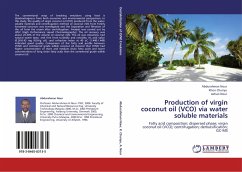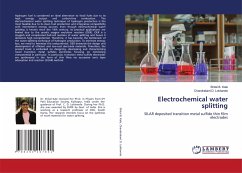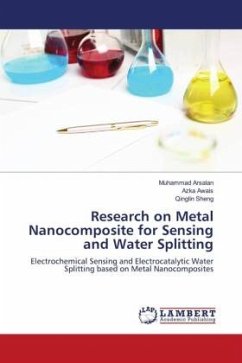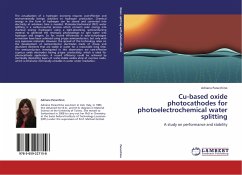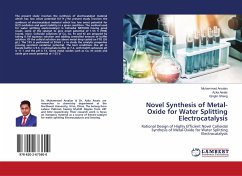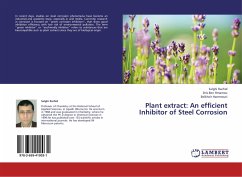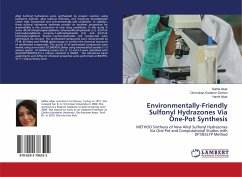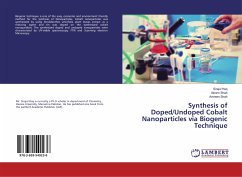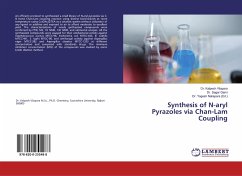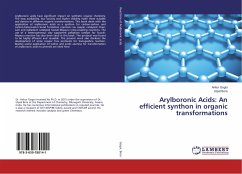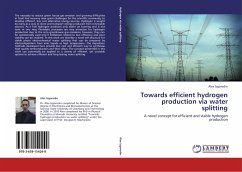
Towards efficient hydrogen production via water splitting
A novel concept for efficient and stable hydrogen production
Versandkostenfrei!
Versandfertig in 6-10 Tagen
52,99 €
inkl. MwSt.

PAYBACK Punkte
26 °P sammeln!
The necessity to reduce green house gas emission and growing difficulties in fossil fuel recovery raise great challenges for the scientific community to develop efficient, low cost alternative energy sources. Hydrogen is sought by many as a way to store and transport energy produced from renewable sources. As a fuel hydrogen produces only water on burning and is not toxic in any way. Photolytic processes are very attractive for hydrogen production due to the zero greenhouse gas emissions, however, they can be commercially used only if limitations related to low efficiency and poor stability ca...
The necessity to reduce green house gas emission and growing difficulties in fossil fuel recovery raise great challenges for the scientific community to develop efficient, low cost alternative energy sources. Hydrogen is sought by many as a way to store and transport energy produced from renewable sources. As a fuel hydrogen produces only water on burning and is not toxic in any way. Photolytic processes are very attractive for hydrogen production due to the zero greenhouse gas emissions, however, they can be commercially used only if limitations related to low efficiency and poor stability can be resolved. In this work we describe a novel cell structure for stable photo electrochemical water splitting that can be prepared by electrodeposition from ionic liquids at high temperature. The deposition methods developed here provide low cost and efficient way to synthesise high quality semiconductors and their alloys. The concept presented in this work can potentially be applied to a variety of efficient, yet unstable systems to achieve efficient and long lasting water splitting.



